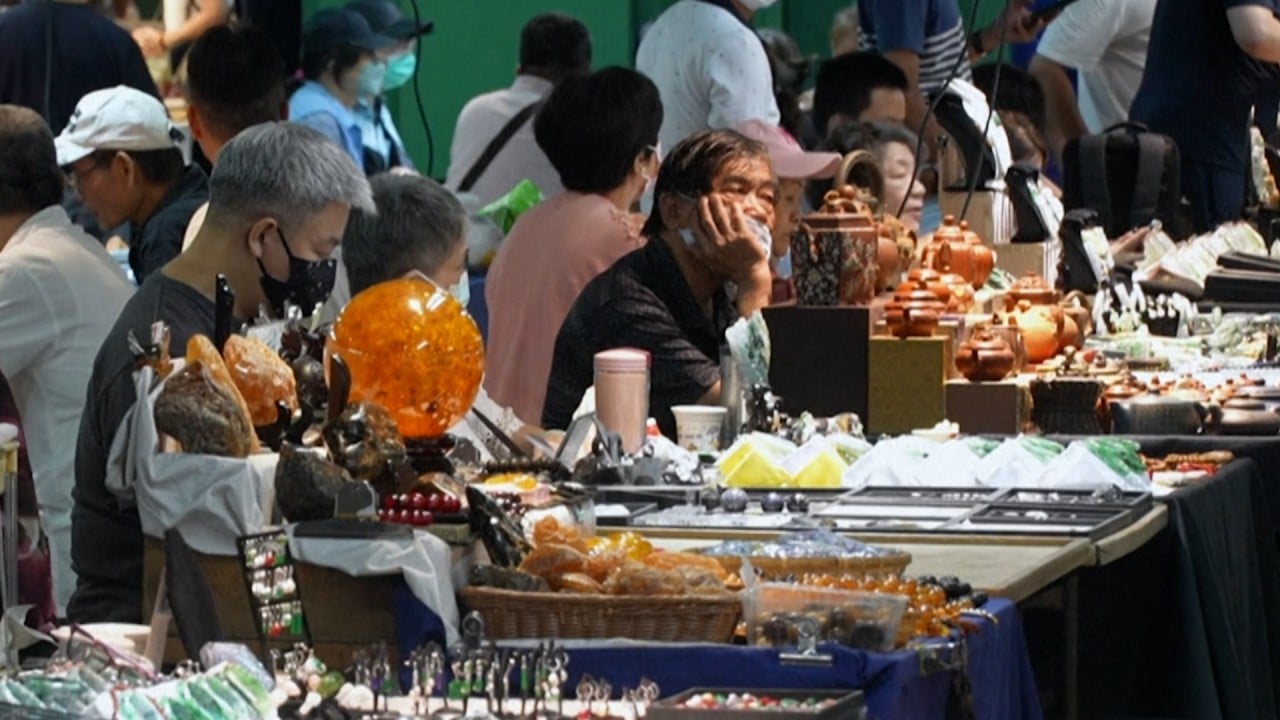
Beijing’s top political adviser picked to lead Taiwan reunification group, stresses fight against ‘separatist forces’
- Wang Huning, mainland China’s leading official on Taiwan issues, urges organisation to oppose ‘external interference’ in cross-strait affairs
- The council consists of mainly non-Communist Party members and is aimed at uniting overseas Chinese, including those in Hong Kong and Macau
‘Substantial threat’ from PLA’s Fujian carrier: Taiwanese defence ministry
Wang, Beijing’s top official on Taiwan affairs, urged the council to “take up the responsibility and mission of fighting against separatist forces and external interference” and to “strengthen confidence and determination in opposing independence and promoting reunification”, state news agency Xinhua reported on Monday.
He called for greater efforts to promote exchanges and interactions among people on both sides of the Taiwan Strait to “strengthen the foundation of public opinion”.
He also asked the international community to support creating a “favourable external environment”.
The council also picked Shi Taifeng – a Politburo member and head of the United Front Work Department, the body responsible for liaising with non-party groups – as its executive vice-chairman. It selected 11 others as CCPPR vice-chairs.
At the Monday meeting, Wang noted that the council played an important role in “uniting compatriots at home and abroad, resolutely opposing all kinds of secessionist acts … and safeguarding the core interests of the country”.
An article published on Sunday by Tongzhan Xinyu, a WeChat account run by the United Front Work Department, noted that the council had taken measures to voice opposition on major issues such as former US House speaker Nancy Pelosi’s visit to Taiwan in August last year.
Beijing sees Taiwan as a breakaway province and has not ruled out the use of force to achieve reunification as part of the “great rejuvenation of the Chinese nation” by 2049, the centenary year of the People’s Republic.
While most countries, including the United States, do not recognise the self-governed island as an independent state, they are opposed to any forcible change in the status quo.

.JPG?itok=zUDwoZRB&v=1701240446)
